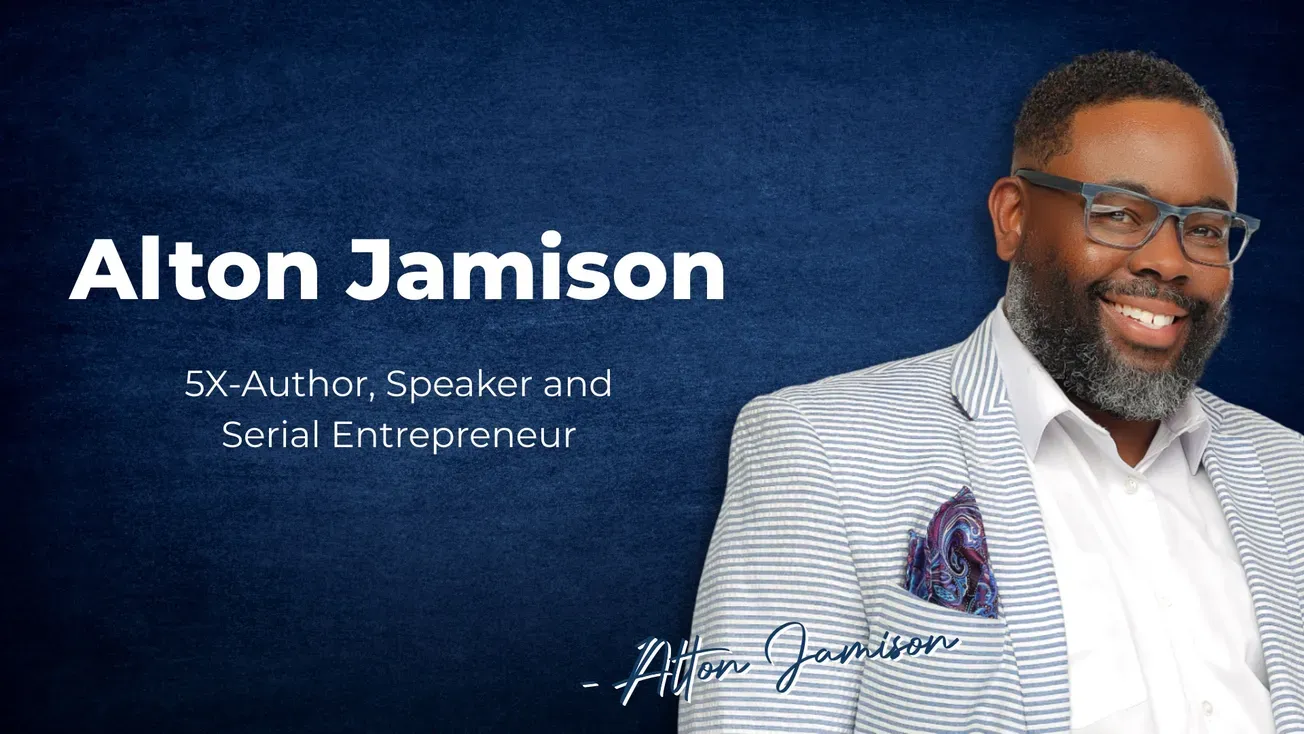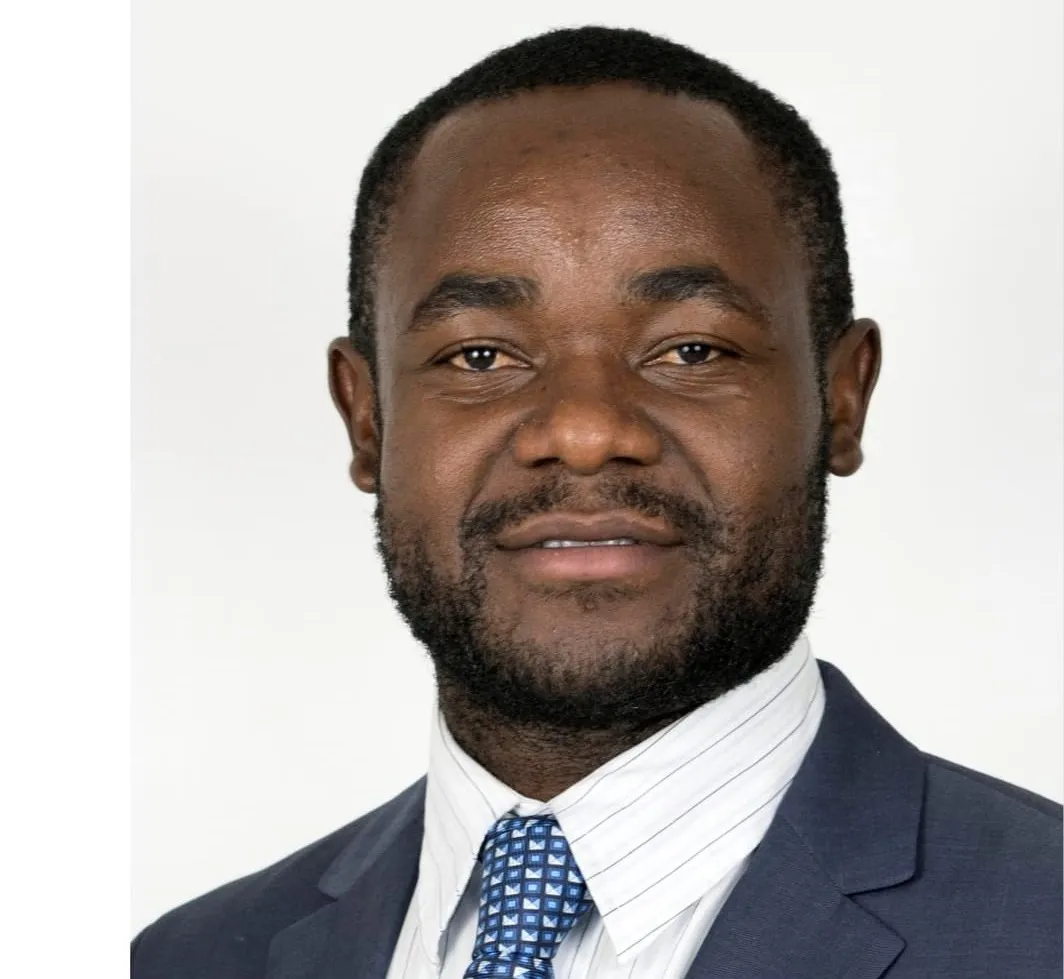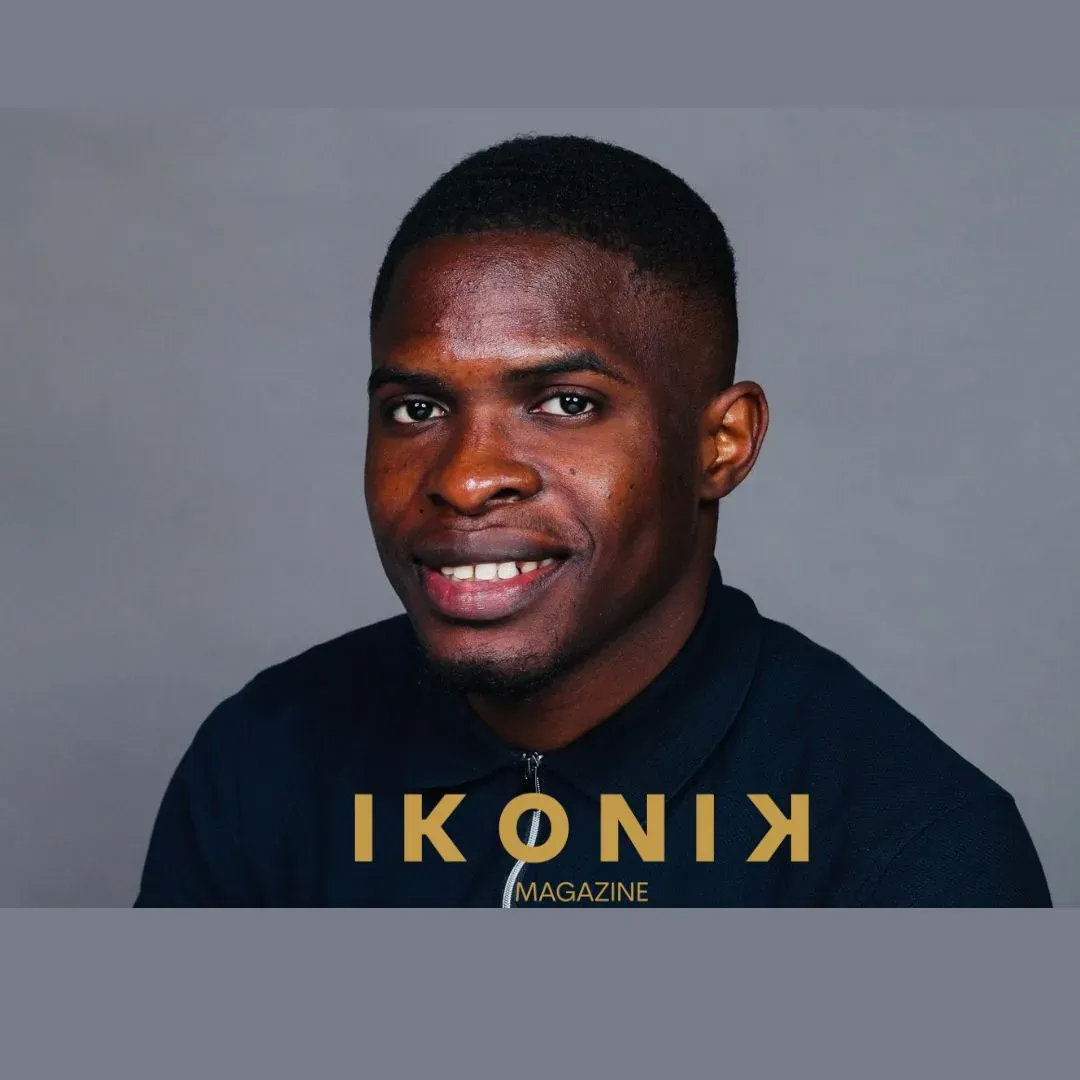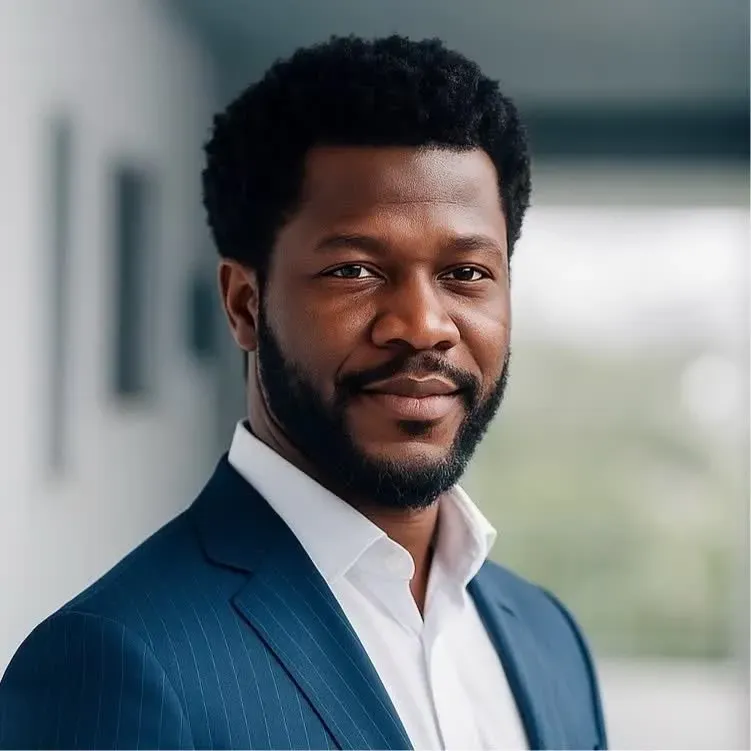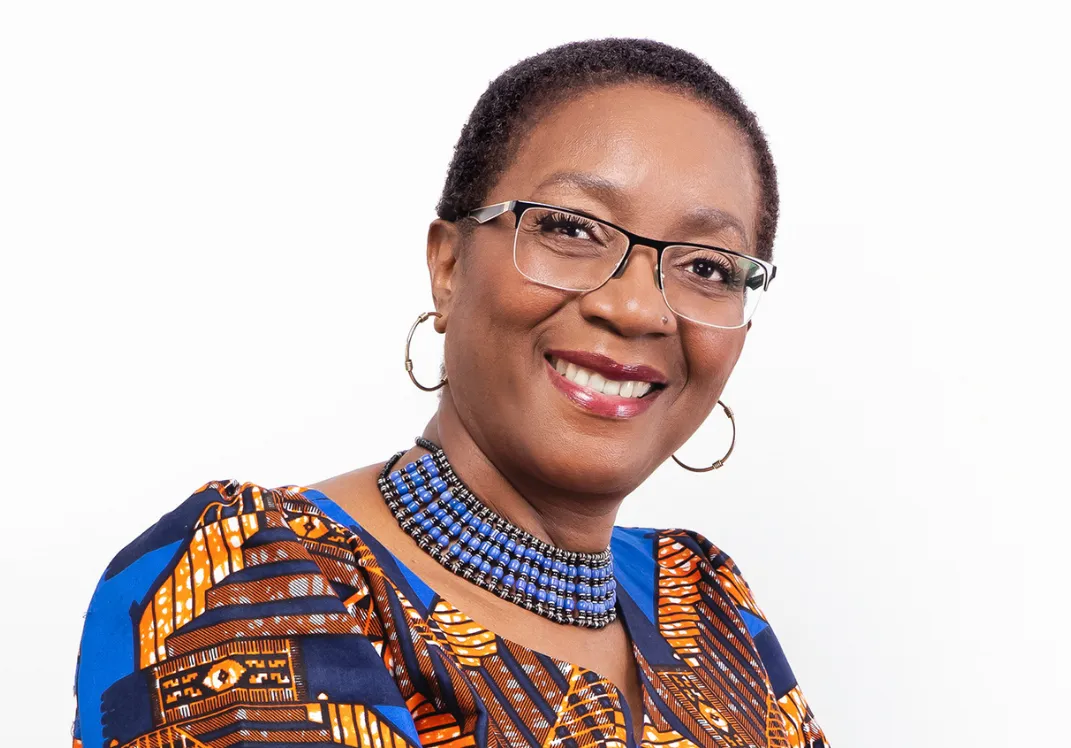In every generation, there are leaders whose journeys redefine what is possible. Leaders who rise not only through talent and discipline, but through the weight of lived experience, resilience, and an unwavering commitment to lifting others with them.
Alton Jamison is one of those leaders. A seasoned executive, engineer, speaker, and builder of empowered networks, he brings years of experience leading teams, developing leaders, and driving purpose-driven impact
Known for his unfiltered honesty, strategic brilliance, and devotion to empowering the next generation, Alton represents a new era of Black excellence—one built on ownership, influence, and legacy. His philosophy is clear: representation is not simply about being seen; it is about shaping decisions, opening doors, and building ecosystems where others can rise.
As Regional Leader for Black Executive Men (BEM) — an exclusive leadership network dedicated to advancing high-performing Black professionals — Alton stands at the intersection of corporate leadership, mentorship, and community uplift. His story—marked by profound loss, perseverance, and vision—offers a roadmap for emerging leaders navigating an increasingly complex world.
In this IKONIK Dialogue, we explore the mindset, principles, and values behind Alton’s leadership. His answers are not just reflections—they are lessons.
They illuminate the future of leadership, the shifting meaning of Black excellence, and what it truly takes to build influence with integrity.
This is more than an interview.
It is a blueprint.
1️- Vision & Origin
You’ve built an incredible career across engineering, business development, and executive leadership, all while championing representation through Black Executive Men.
What personal experiences first sparked your passion for empowering others and redefining leadership for Black professionals?
My father was incarcerated for much of my upbringing and years after his release, he took his own life. That experience profoundly shaped who I am and ignited a lifelong commitment to empowering youth—particularly young men growing up without fathers.
As I advanced in my career, I recognized a similar void within corporate America. Many young and talented Black professionals often lack access to mentors and sponsors who can help them navigate the unwritten rules of the workplace.
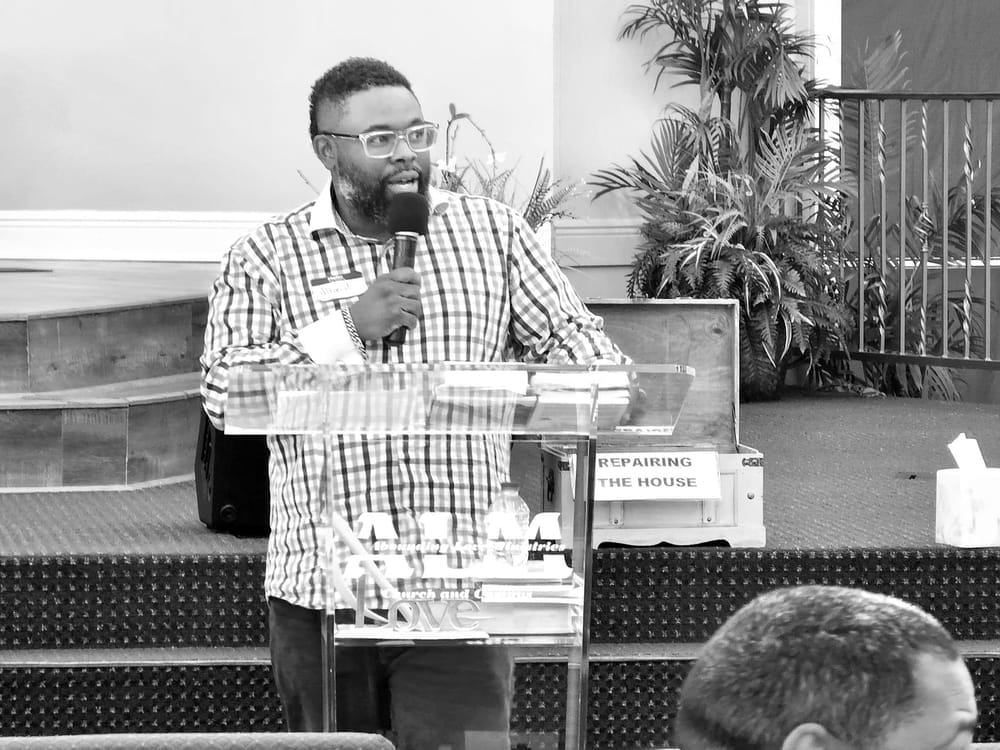
I’ve experienced the frustration of being overlooked for promotions despite having the credentials, experience, and results. Those moments taught me a powerful lesson: as a Black man, I must redefine leadership for myself and for others who look like me.
That’s why I’ve chosen to align with ecosystems such as Black Executive Men—spaces that foster growth, connection, and collective advancement. Rather than waiting for opportunities or validation, we choose to build with those who choose us. This mindset isn’t just about personal success—it’s about creating pathways for others to rise alongside us.
2️- Representation & Purpose
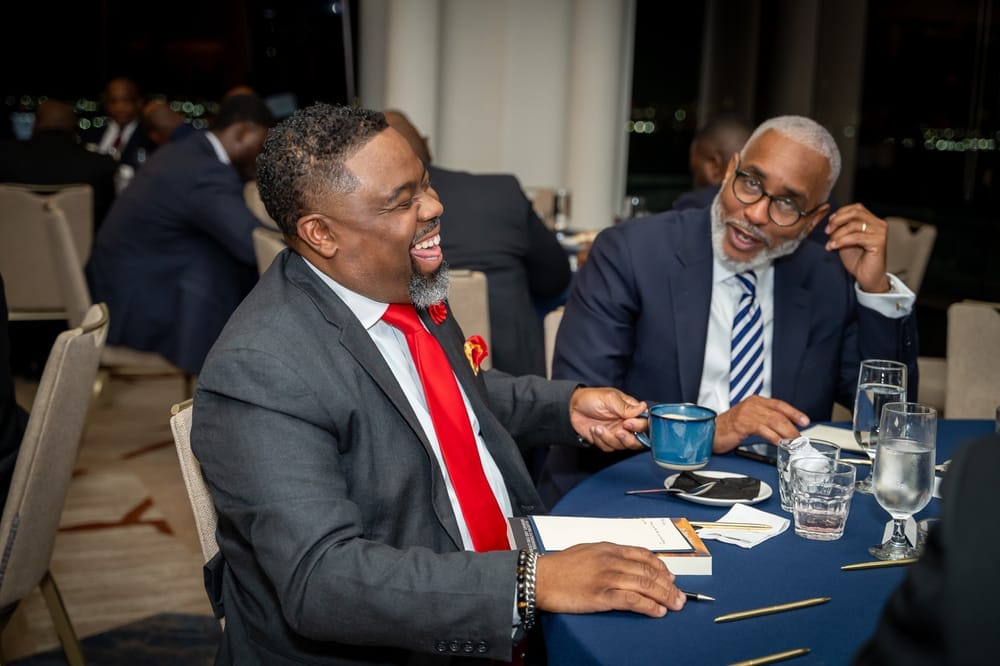
You often speak about the importance of representation. In your view, what does true representation mean in corporate spaces, beyond visibility?
Representation in corporate spaces means more than simply being featured on a company website or confined to roles in Human Resources or Diversity, Equity, and Inclusion. True representation is when we hold positions of real influence and impact — Executive Vice President of Engineering, President, Chief Operating Officer, and beyond.
For many, visibility ends at being in the room or receiving a promotion. But real visibility goes further — it means having the authority to make decisions that move the needle and shape the organization at the highest levels.
Even today, when you search for “AI innovators” or similar terms, the results rarely highlight Black-owned companies leading in these spaces. That lack of visibility is not reflective of talent or capability — it’s reflective of underexposure.
True visibility means that wherever people look — whether online, in boardrooms, or in the media — they see our excellence, our innovation, and our leadership reflected back.
3️- Defining Black Excellence Today
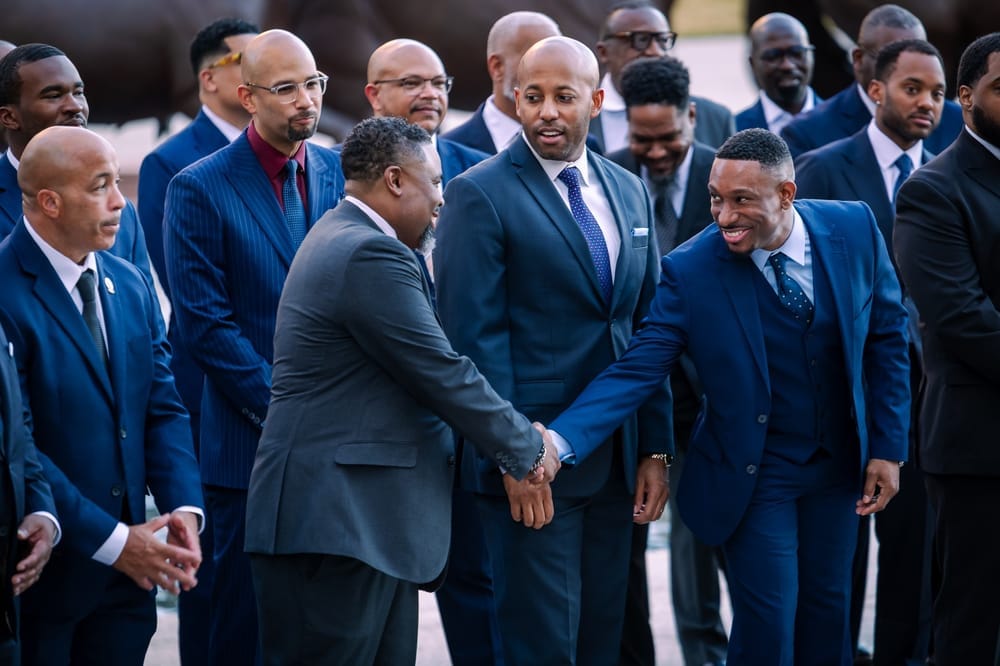
“Black Excellence” has evolved beyond achievement; it’s about creating access, legacy, and community.
How do you personally define Black Excellence in this new era of leadership?
I used to define Black Excellence as seeing a Black CEO leading a Fortune 500 or Fortune 100 company. Today, my perspective has evolved. I now view Black Excellence through the lens of entrepreneurship and ownership.
The question is no longer just where we work, but what we own — and how much influence we have. What businesses are we building? Can we leverage our own networks to raise startup capital instead of relying solely on traditional banks? Can we create an ecosystem that keeps opportunity “in the family,” where we become the source for other Black men to launch, grow, and level up in life?
I’m intentional about teaching my 13-year-old son the true meaning of excellence as a Black man. It’s not just about playing the sport — it’s about owning the team.
Black Excellence begins with transforming our mindset. When we change how we think, we change the legacy we leave behind.
4- The Leadership Mindset
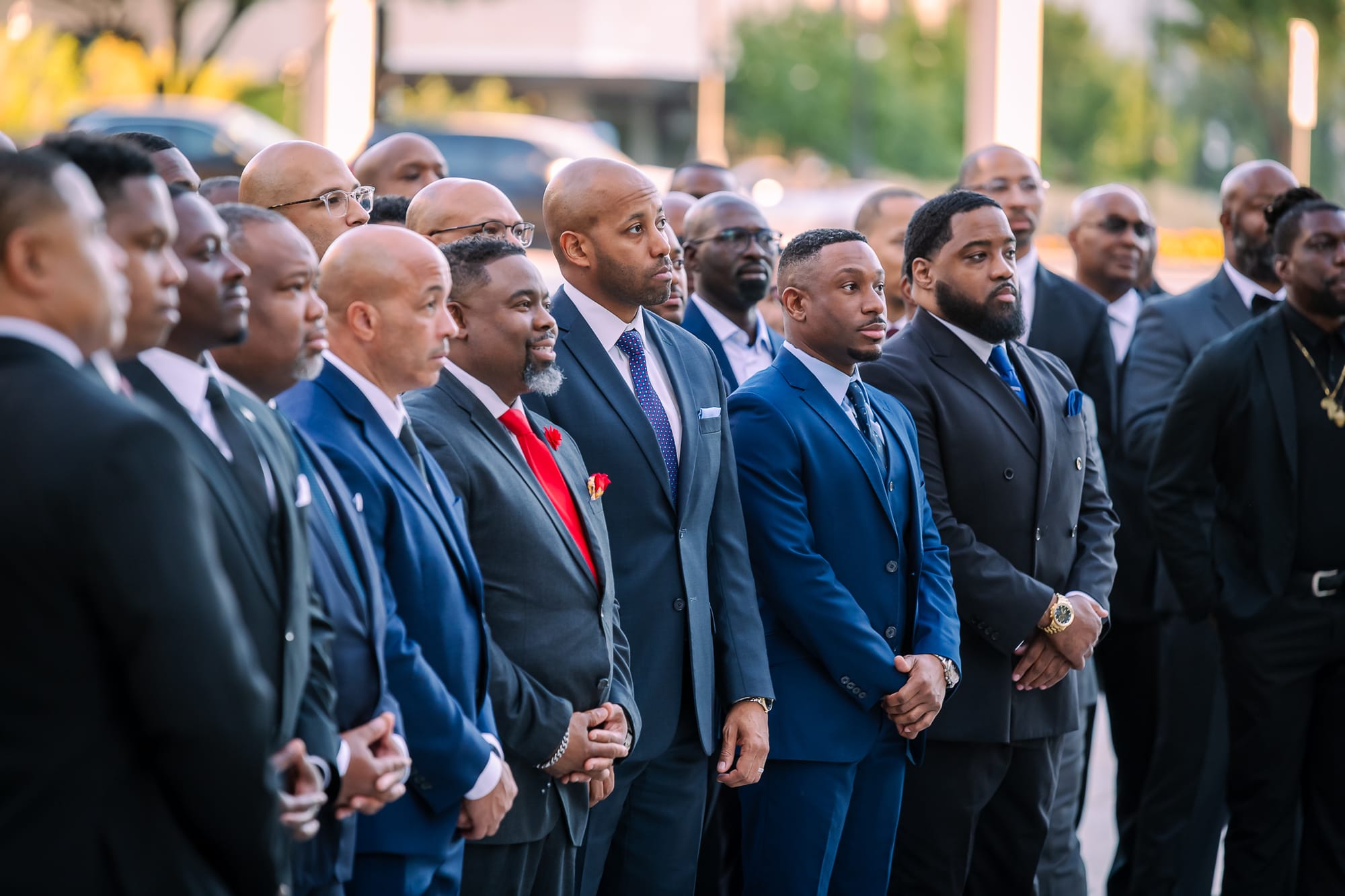
You’ve led teams, trained professionals, and managed multi-million-dollar growth. What are the top three leadership principles that guide 3you when building high-performing teams under pressure?
The three leadership principles that has helped my success as follows:
1) People must know and trust you before they buy from you. This principle is especially true when living and working in the Deep South, where relationships come first. People want to connect with you before they consider your products or services — and that’s why I invest significant time in building genuine relationships.
2) At the end of the day, results are the reason you’re hired — and results are what you must deliver. I dedicate my time and energy to producing measurable outcomes. Too often, professionals — especially in sales and business growth — fall short because they focus on everything except achieving extraordinary results. I take an analytical approach to tracking progress, monitoring key metrics daily, and adjusting strategies as needed. Results will always speak louder than intentions.
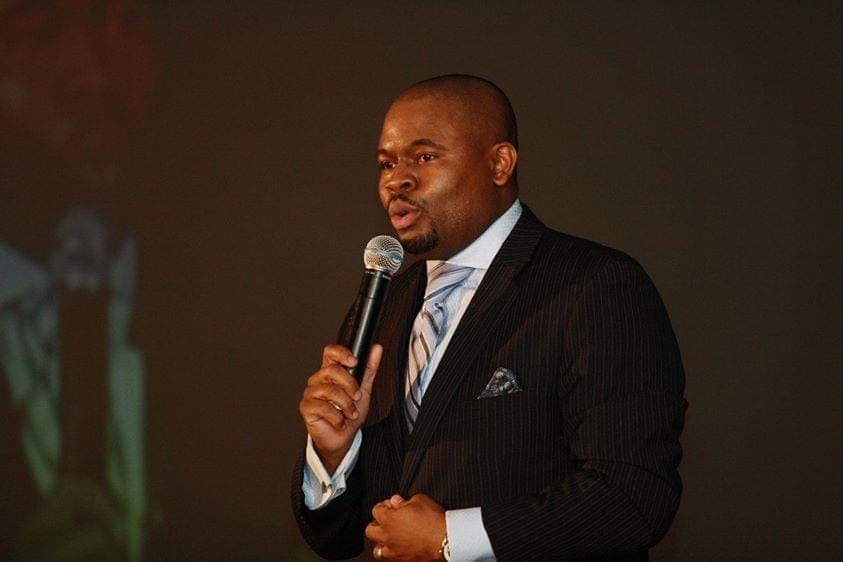
3) I live by one key principle: the fortune is in the follow-up. The secret to building and scaling multi-million-dollar business units lies in consistent, strategic follow-up with every lead and potential client. I’ve pursued some relationships for six months to a year before securing the first meeting. Success demands persistence, focus, and strategy. Many people struggle to grow their business because they get excited about meeting the right people — but they fail to follow up. Consistency turns connections into opportunities, and opportunities into results.
5- Mentorship & Legacy
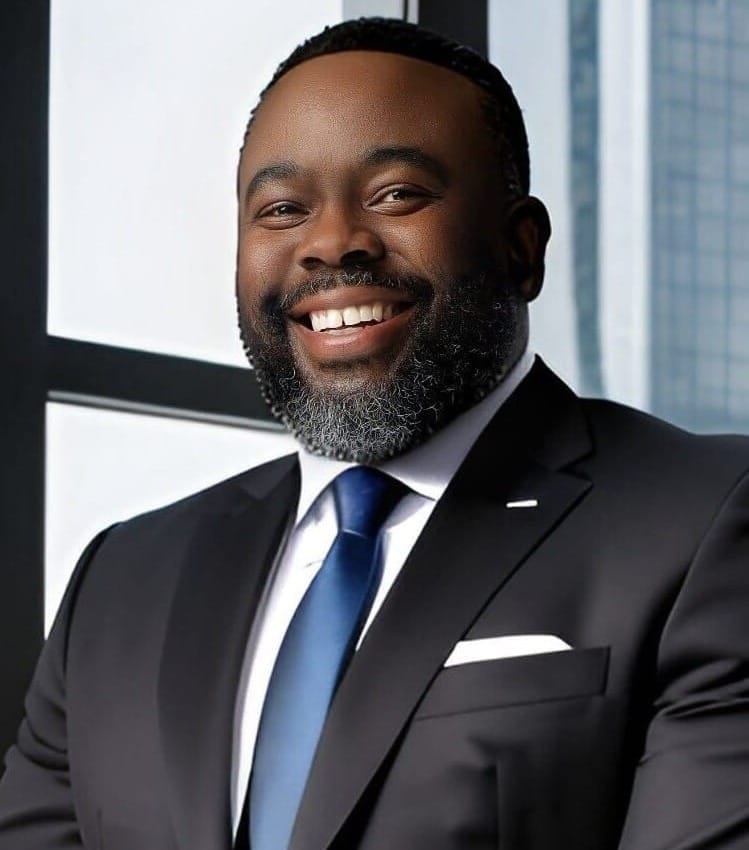
You’ve impacted over 50,000 students and professionals through your training and speaking. What does legacy mean to you, and how do you hope your work will influence the next generation of leaders?
One of the greatest lessons I’ve learned from speaking to youth and professionals across the country is that there will always be a need for empowerment and encouragement. The speaking industry can be incredibly rewarding — both personally and financially — but my message to the next generation of leaders is this: enter the industry with purpose, not just for profit.
True impact doesn’t start with a “money-first” mindset; it starts with a mission to change lives. Success will always follow authenticity and service.
I want to see people from all walks of life step forward to share their stories — to talk about the challenges they’ve faced and how they’ve overcome them. Those stories have the power to inspire, to heal, and to empower others to rise above their own obstacles.
Because in the end, it’s not about how many people you speak to — it’s about how many lives you touch along the way.
6- Building Empowered Networks
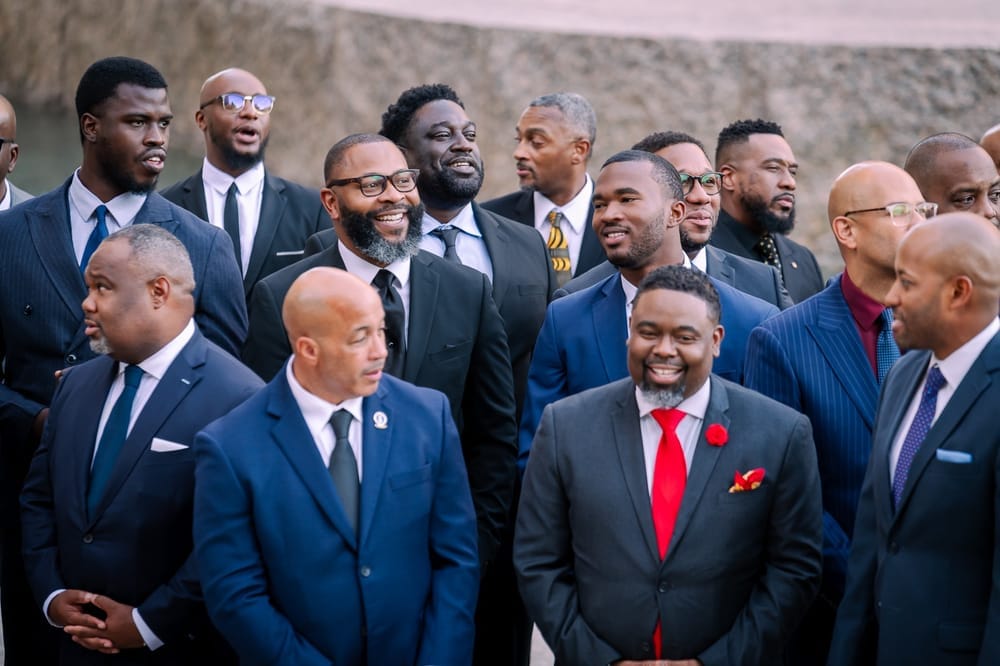
As Regional Leader for Black Executive Men, what has been the most powerful lesson from building a network of ambitious, high-performing Black leaders across the country?
The Black Executive Men network has been nothing short of life-changing for me. Being part of a global ecosystem of Black men from all walks of life — all excelling in their respective fields and genuinely invested in each other’s success — is both inspiring and empowering.
For me, the most powerful lesson comes from the organization’s motto: “Friendship Before Business.” We focus on building authentic relationships first. That foundation of trust and brotherhood naturally opens doors for collaboration, business growth, and mutual success.
When genuine connection comes before commerce, everything else flows more easily — opportunity, support, and collective advancement.
7- Advice for Emerging Leaders

For young professionals or entrepreneurs reading this who aspire to lead with impact, what advice would you give them to stay grounded, build influence, and lead with authenticity?
For young leaders, I offer a few key principles that have guided my own journey:
1. Humility: Recognize that you don’t know everything. Some of the most valuable life lessons — especially as a person of color — aren’t learned in the classroom, but through real-world experience. Be open to learning from every situation and from everyone around you.
2. Mentors and Sponsors: Seek out mentors who can guide you through the challenges of being a young professional. Just as importantly, identify sponsors — individuals who will advocate for you and speak your name in rooms you haven’t yet entered. Mentors help you grow; sponsors help you advance. You need both.
3. Patience: Success doesn’t happen overnight. Building influence, credibility, and authenticity takes time and endurance. Every test and trial you face is shaping the leader you’re becoming.
8- The Future
As you look ahead, what does the next chapter of your leadership journey look like, and how do you see the future of leadership evolving?
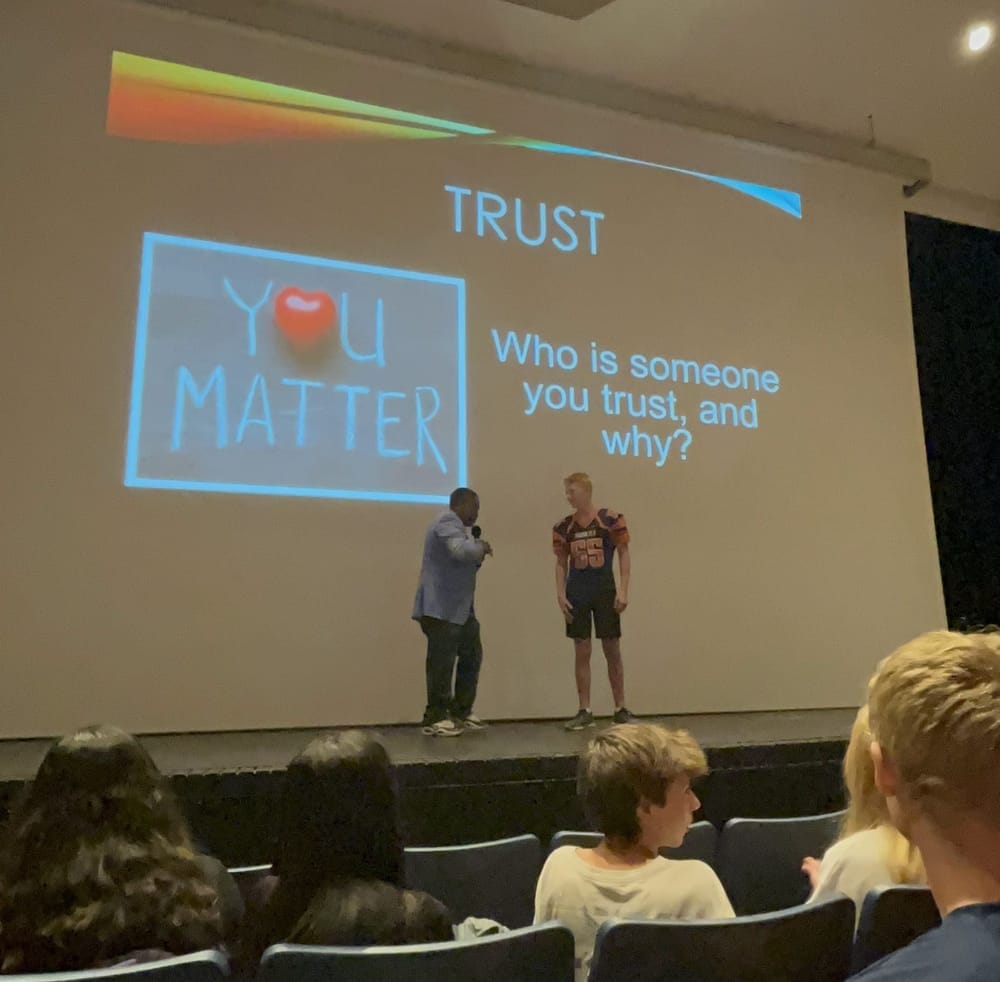
For me, the next chapter is about expanding my network, my influence, and my impact as a Black Executive Man. I’m focused on pursuing opportunities that challenge me to grow, elevate my leadership, and continue advancing as both a professional and an entrepreneur.
Looking ahead, I believe the next decade will define the future of leadership. We face the risk of a leadership void if emerging leaders fail to learn from those who came before them. True progress depends on mentorship, knowledge transfer, and the intentional development of the next generation.
The future of leadership will belong to those who lead with integrity, empathy, and vision — individuals who understand that success isn’t just about personal achievement, but about creating pathways for others to rise.
Alton Jamison’s story is a reminder that leadership is not measured only by titles or achievements, but by the lives we elevate along the way. His work—from corporate strategy to community empowerment—reflects a rare combination of courage, conviction, and clarity of purpose.
As the corporate world continues to evolve, voices like Alton’s are essential. They challenge outdated narratives, ignite new standards, and embody the kind of representation that moves industries forward. His commitment to legacy and to the next generation is not simply admirable—it is necessary.
This IKONIK Dialogue stands as both a tribute and a call to action: to lead with integrity, to build with intention, and to create spaces where excellence is not the exception, but the expectation.
Because the future belongs to those who rise—and bring others with them.
About Alton Jamison
Alton Jamison is an accomplished business leader, speaker, and executive committed to shaping the future of leadership. With a strong background in engineering, sales, and business development, he has driven transformative growth across multiple industries while building high-performing teams and delivering exceptional results. As a 5X author and Regional Leader with Black Executive Men, Alton champions mentorship, representation, and pathways for emerging leaders to grow, lead, and succeed.
Connect with Alton Jamison on Linkedin.
If you enjoyed this IKONIK Dialogue, stay connected for more conversations with leaders shaping the future of business, culture, and impact.



